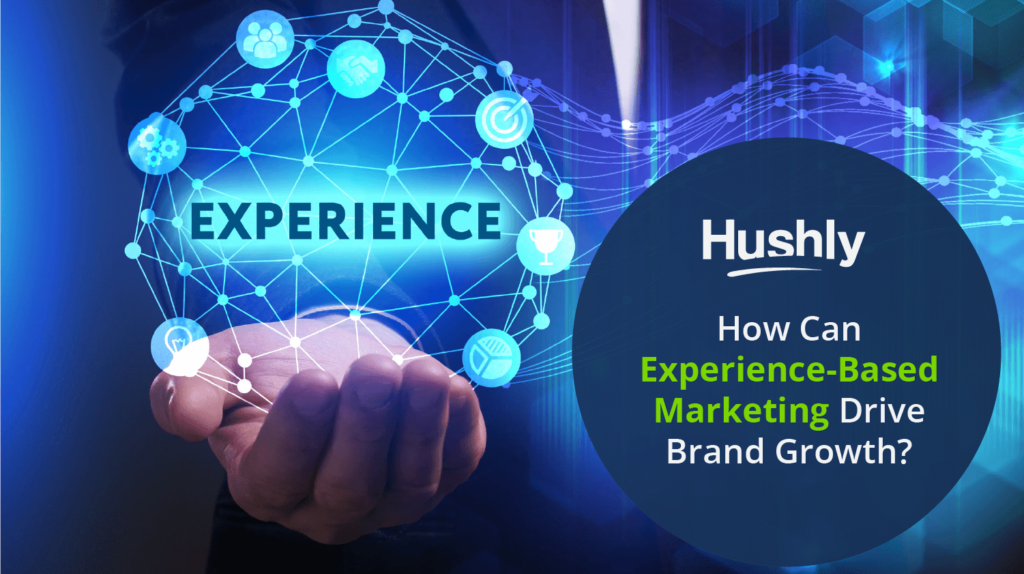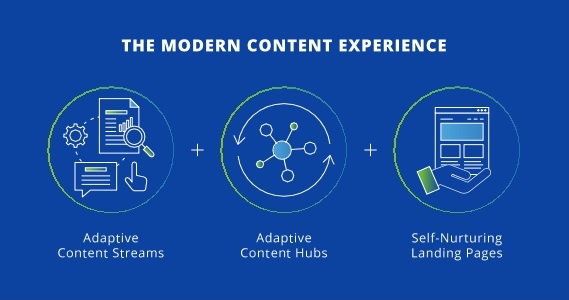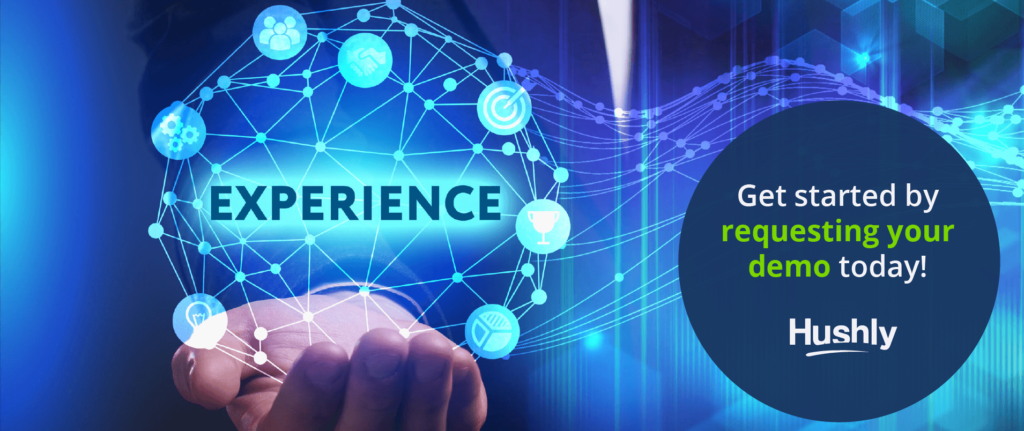There is a huge difference between marketing to customers and marketing to prospects. Experience-based marketing gives a company a way to target its prospects by connecting them to relevant content. It allows companies to reach their target audience, and if used correctly, it can help a company grow its brand.

What is Experienced-Based Marketing?
Experienced-based marketing goes by several different names, including engagement marketing and experiential marketing. What sets this type of marketing apart from more traditional marketing is that it focuses on creating the best experience for your prospects. Experienced-based marketing relies heavily on engaging your audience and providing them with a personalized experience.
It uses content to connect with your customers and prospects, and it also uses various tools to gather information from them. With the right information on your audience, the better experience you can provide them.
What Classifies as an Experiential Marketing Experience?
There are a few key components to an experience-based marketing campaign. Whether you’re trying to create a memorable experience via a live event or you’re trying to do so via your content creation and various digital marketing strategies, there are a few things you’ll need to keep in mind to ensure you are creating a truly experiential marketing experience:
You Have Active Participation/Engagement from Your Audience
Your audience is the driving force behind experiential marketing. To create a compelling experience, you’ll need to get your audience involved. Whether you’re going for a live event or you’re going for a content-based strategy, your audience will need to be actively participating in the experience. You can’t force your audience to participate, but you can entice them to. The more you engage with your audience, the more likely they are to engage with you.
You Are Providing Your Audience with Long-Lasting Value
Experienced-based marketing is not about getting your audience to simply take advantage of a special offer or a promotion. It’s about providing them with value that will last long after your event is over or your content has been consumed.
This means you need to be addressing your audience’s needs in the here and now, as well as promising them content or services that will address their needs in the future as well. Remember, you can’t just focus on immediate sales. You need to focus on the long-term relationship you’re building with your audience.
You Are Actively Promoting Your Brand’s Values – Not Just Your Products/Services
One of the biggest mistakes you can make when you’re creating an experience-based marketing campaign is to focus on your products/services and not your brand’s values.
You’ve likely heard the phrase, “People don’t buy from companies. They buy from people.” This is true in the case of experience-based marketing, too.
People want to buy from brands they can trust and share the same values as they do. They want to buy from brands with a story to tell and are willing to share that story with their audience.
When you’re creating your experience-based marketing campaigns, you need to focus on the values behind your brand. You need to focus on the story your brand has to tell and why you do what you do. Your audience wants to know that you are more than just a company – you’re a person or a group of people who are genuinely invested in their well-being.
What is an Example of Experience Marketing?
Experience marketing is about providing your targeted audience with a personalized experience that will engage them and make them want to learn more about your products or services. One way to do this is with an adaptive content hub.
An adaptive content hub is a website that provides your prospects with the most relevant content based on their preferences and interests. This way, your prospects are more likely to find interesting content, and they are more likely to engage with your content.

The brand MindTickle has an excellent example of a fully functional adaptive content hub that serves up content based on various factors, including keywords the searcher is using and the prospect’s stage in the sales cycle.
By focusing on experience-based marketing, the brand fueled a 93% growth!
The Key to Successful Experience Marketing
The key to successful experience-based marketing is creating a memorable experience for your prospects. It’s about getting them involved in your campaign and giving them a way to interact with your brand.
It’s about providing them with the information they need when they need it most.
Experience marketing is all about personalized experiences, and it’s about providing your audience with a memorable experience. When you do this, you are more likely to build customer loyalty and forge lasting relationships with your audience.
Providing content or hyping up your next event isn’t enough. You need to make sure you are setting specific goals and defining success based on interactive KPIs, such as:
- Shares
- Comments
- Impressions
- Reach
- Likes
- Pins
- Clicks
By defining success and monitoring these KPIs, you’ll be better able to see what is working and what isn’t when it comes to getting your audience excited about what you have to offer. You’ll also be able to gather critical information about your audience that will help you design more personalized experiences moving forward.
Experience-based marketing is a great way to grow your brand and build customer loyalty. When you combine experiential marketing with content marketing, you have a powerful combination that can help you meet your sales goals and drive brand growth.
Experience-Based Marketing with Hushly
When it comes to creating a strong experienced-based marketing strategy, Hushly has several options that can help your B2B brand create the most memorable experience possible for your audience.
We have various solutions that can help your company grow its brand and reach its sales goals. From customizable, adaptable content hubs to account-based marketing solutions that help you connect with your audience in a meaningful way, Hushly has everything you need to help you engage with your audience.
Get started by requesting your demo today!

